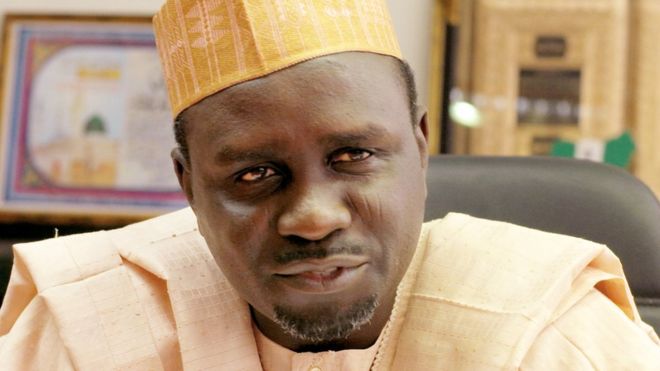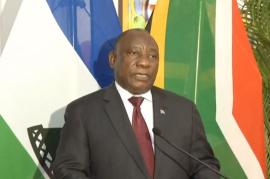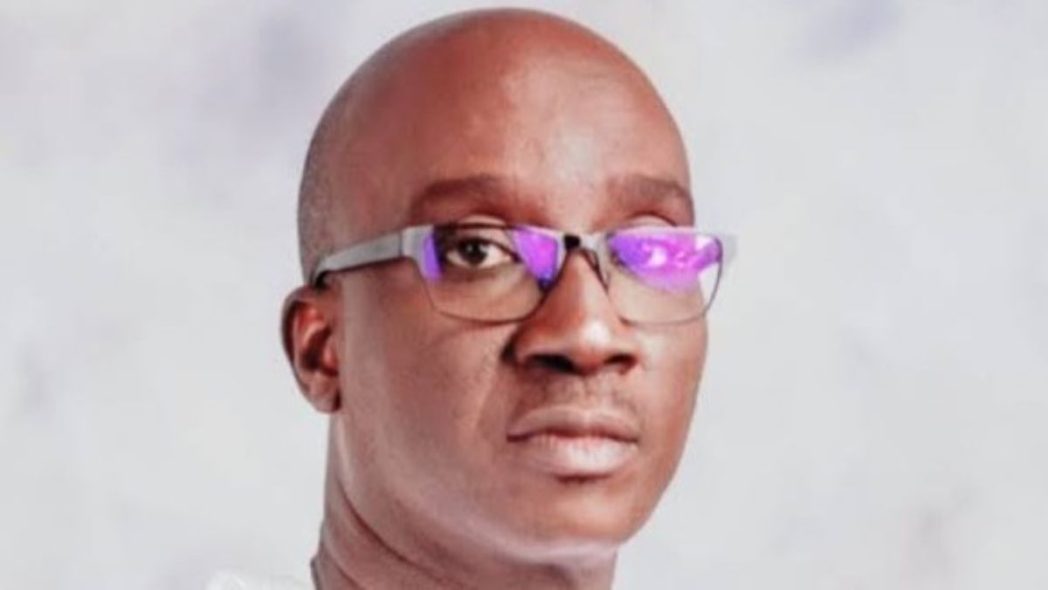Even novices of Nigerian politics can tell you that APC’s success in brushing off all criticisms is attributed to the divided opposition that it is enjoying.
On paper, the January coalition conference—Strengthening Nigeria’s Democracy: Pathway to Good Governance and Political Integrity—seemed promising. Prominent political figures attended, delivering nostalgic speeches that inspired hope among Nigerians yearning for good governance. However, less than two months later, its effectiveness has been confined to mere words.
Since then, the coalition headway has remained disorganised. In February, when rumours were rising about a series of defections, El-Rufai used demeaning words on Arise TV to affirm that he would never join the PDP. Of course, he ended up joining SDP and forced key figures like Atiku to deny he was leaving PDP to join them.
Then, Sule Lamido went on record to belittle SDP as he rejected the call to join them. Bafarawa left room for doubt as only his aide debunked the rumour that he had joined SDP, and even went further, calling the story disingenuous.
Clearly, these rhetorics are defeating the potential of any formal party coalition. This is because these individuals lead discussions with their personalities instead of the principles of their parties. Political parties view it as more of an informal gathering of individuals with personalities.
The SDP national chairman went on TV to cast doubt on the coalition. He claimed those involved have their embedded conflicting interests, which SDP will not be part of. He clearly stated that individuals can join the party without any pre-condition as that would be a recipe for crisis—something they are avoiding. On the contrary, PDP stakeholders believe that coalition discussion is ongoing, but they are biding their time.
These conflicting positions predict that reaching an agreement will not be as easy as it appears to be. For pessimists, the current coalition is of the unwilling, and there is evidence for thinking so.
For example, last Friday, Atiku appeared on media with a group of individuals in an attempt to stop the National Assembly from affirming Tinubu’s proclamation. As reported by Ogundamisi, these individuals did not hold any meetings with the opposition lawmakers. Instead, they appealed to them via the media to reject Tinubu’s Proclamation of State of Emergency in Rivers State, suspending the governor, his deputy and the state assembly. Alas, after their press statement, their appeal fell on deaf ears as the lawmakers went on to rubber-stamped Tinubu’s wishes.
The lesson picked here is that as a decentralised coalition body, they lack the authority to influence the opposition party lawmakers to take a position in both Houses. The former Kano State Governor, Senator Shekarau, noted that the Friday gathering did not have any representation of party leadership. Without the blessings of their parties, these political figures will struggle to make any significant impact as a coalition.
In hindsight, had the coalition coordinated with their parties—PDP, LP and SDP—the National Assembly would not have affirmed the proclamation or suspended Fubara. This is the case of too many cooks spoiling the soup. If the coalition leaders had had any real clout, APC would not have secured the necessary votes to pass Tinubu’s request. And we saw, right before our eyes, the leadership of the National Assembly jubilated the proclamation, which many called out as an affront to our constitution.
Yes, there is promise in the intent of the coalition. However, as last week’s event has shown, the immediate impact of the alliance is toothless because they are only coming as individuals instead of a group of parties. And as seasoned politicians, they know that a decentralised approach cannot yield any positive result, whether in the immediate term or the long run.
These political figures are expected to apply their past experience and political knowledge and be guided by the Nigerian constitution. If they are, then any coalition meeting should have the support of their parties. After all, they know that an independent candidate cannot contest an election without a party sponsoring them. Most of them were part of the 2013 merger that formed the APC and know the process it took for four registered parties—ANPP, ACN, CPC and APGA—to be united. They also know how disgruntled PDP members, including Atiku, state governors and other key figures, were integrated into the fold.
Many still recall how, in 2014, Osinbajo and Lai Mohammed of ACN, Amaechi of nPDP and Buba Galadima of CPC joined a coordinated media campaign to lay claim that if the PDP rigged them out in the general elections, they would rig themselves into government. They used the same rhetoric to attack the abuse of the rulebook, which became a success. They were consistent in their arguments because they were united as a coalition of parties, not disconnected individuals with naked ambitions to rule Nigeria or revenge a score against specific individuals.
Some may say there is time to build, but the foundation of any building matters. As data scientists will tell you—if you feed your computer with garbage data, you will surely get garbage output. This does not mean that a good foundation is a certainty for success, but at least it minimises the room for errors.
We must not forget the impact of a good political foundation, specifically in the merger in 2013, where the political parties consented. It allowed a centralised, coordinated approach from all sides of the coalition.
One can sense desperation from these individuals because they have refused to “stop and think”, to see the bigger picture, to respect their institutions, and to follow the simple process of involving their parties.












